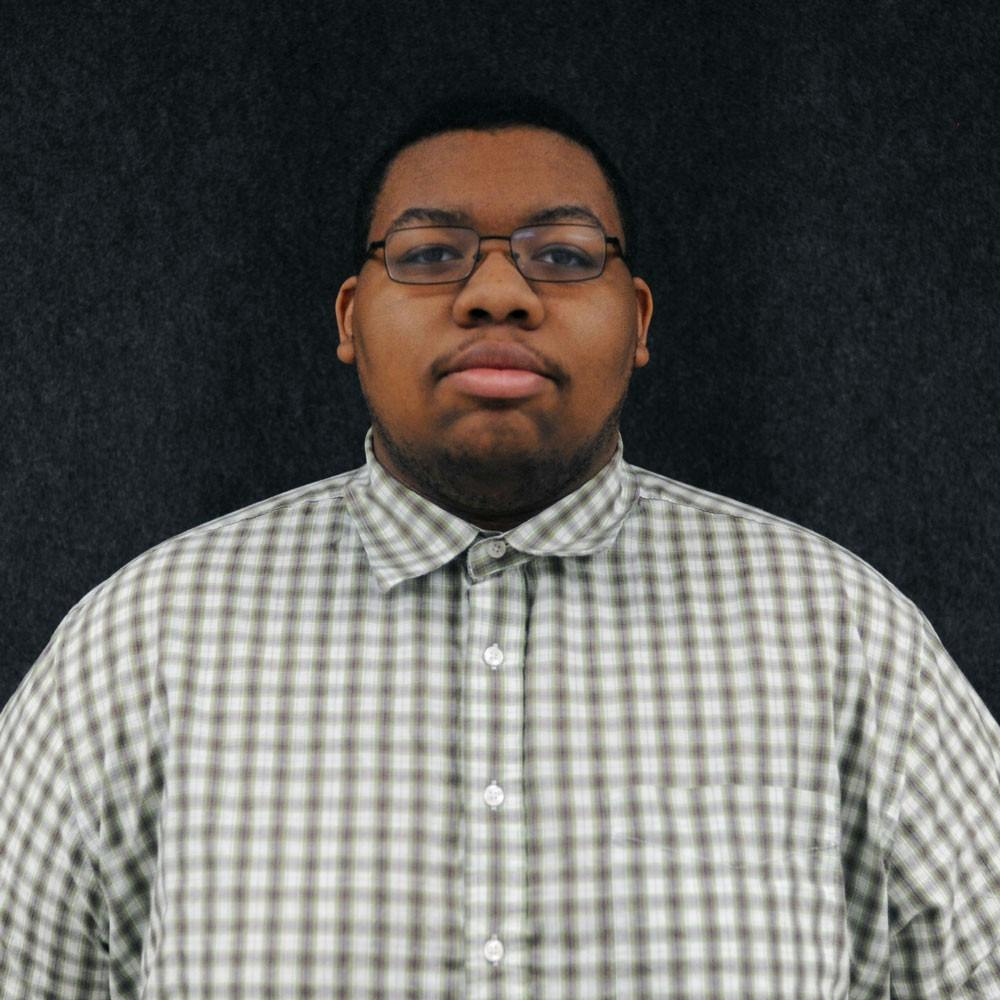When parents and friends ask me what I’m going to college for and what I want to do with my life, I point to Grantland.
At 14 years old I decided I wanted to enter the world of sports journalism and spend the rest of my life covering sports at the highest levels. And Grantland, ESPN’s sports and pop-culture blog, has given me motivation to continue to pursue that goal and represented the pinnacle of sports writing.
So when ESPN announced on Friday that it was shutting down the site immediately after four years of production, I was crushed.
In a backstory that you probably, certainly don’t care about, the website’s end comes after its founder Bill Simmons left ESPN for HBO and took four of Grantland’s top editors, thus accelerating the site’s demise.
There’s lot of differing opinion on who’s to blame and ESPN and Simmon’s drama, but right now I’m looking back at Grantland fondly and what it did for my writing.
Grantland was everything I want to be as a sports writer.
I always wanted to be able to write about sports and have that ability to provide emotion and a statistical background to my thoughts. As I continued to read, I began to think that everything around a result was more important than the result itself. “Player X” ran for 150 yards became secondary, as I was more intrigued at how the offensive line played and which side of the field did he use to get most of his yardage.
I remember sharing some of my favorite Grantland articles with my teacher freshman year and saying, “I want to write like this. I want to be this. How do I get to this?” Even now, as I write this for The Spectrum, I’m reminded of Grantland’s style of writing and why I like it more than newspaper writing. Here I am, four years later, wanting to go back and do more work like that. I still use Grantland as the pinnacle of what type of writer I want to be.
Now it’s over and there’s still a ton of work to do on my end to reach that goal and I have about six months to reach it.
There were several things made Grantland great – most notably, the talented writers, the versatility and the coverage of different events. There was no stone left unturned during its tenure in the sports and pop culture and it was the ability to give you everything that made it great.
ESPN gave them the ability to get the best talent but as a daily reader, it was a treat to be able to wake up and see coverage from some of the best writers in the sports world on one website.
At one point, it had the best in each in three of the four major sports. Zach Lowe and Jonathan Abrams for the NBA, Bill Barnwell and Robert Mays on the NFL and Jonah Keri and Ben Lindbergh covering MLB and the rigors of a 162-game season. It was good to see a constant, smart presence when it came to those sports and their respective seasons and postseasons.
And for all the work done on the sports, the pop culture work was just as great. Grantland ran a bracket on some of the best songs of the 2000s, wrote oral histories about Boogie Nights, the history of the first all-sports talk station, WFAN, and independent newspaper The National, held Grammy Week and Oscars Week and my favorite writer Rembert Browne got to sit with Barack Obama and discuss topics like his trip to Selma.
And it was all on one website for four years.
It was important to have sites like Grantland because it opened the reader’s mind and challenged the basic viewpoint of the common sports fan. Grantland and sites similar to it provided a statistical side of sports that is often missing in newspapers and often just a bit more to the people who wanted it.
It’s going to be weird, waking up tomorrow knowing that I’m going to accidently open Grantland and see “We had a good run” on the homepage, with nothing new there but archives. Knowing that one of my favorite websites is gone and no chance of coming back is weird. But instead of being sad like I am now, I’m going to check out the archives and read some of the stuff that only reinforced my dream of becoming a sports journalist.
Quentin Haynes is the co-senior sports editor and can be reached at quentin.haynes@ubspectrum.com. Follow him on Twitter at @Haynes_Spectrum.





